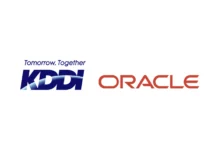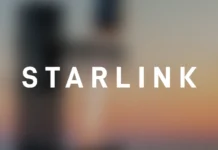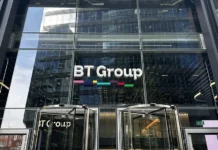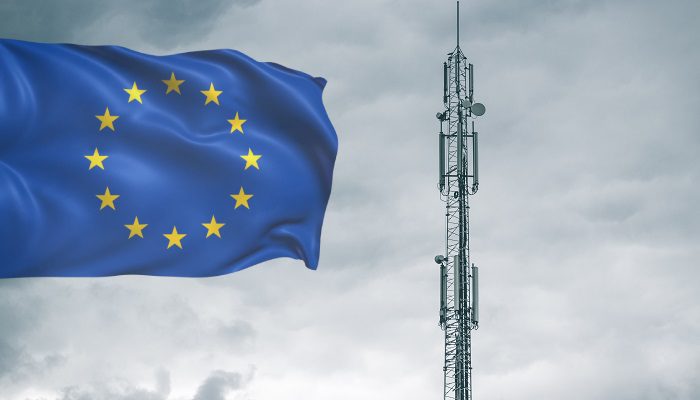It is well worth noting that the telecom industry in Europe has been telling policymakers for years that it is indeed struggling to make the profits that it actually needs so as to keep investing in networks.
The European Commission finally went ahead to tell them that it was indeed listening, laying out ideas so as to boost Europe’s digital infrastructure within a paper that could go on to very well pave the way when it comes to new legislation, lesser rules, further investment, as well as potentially more deal-making.
Margrethe Vestager, the Commission Executive Vice President, went on to tell the reporters recently that they happen to have 27 national markets with different network architectures, coverage levels, and, to some extent, regulation. Fragmentation happens to be a missed economic opportunity, said Vestager.
It is well worth noting that the network operators have for long lamented that the telecom market’s fragmentation as well as strict competition rules have indeed gone on to hinder their growth as well as scaling up, thereby making it immensely difficult for them to safeguard the investments that are required for faster connections so as to power the European Union’s digital shift.
The fact is that fiber now connects 56% of all households, and the 5G population coverage as of now stands at 81%; however, this last figure is kind of tarnished since many of the networks do not offer complete 5G performance, and even the rural areas are not that well covered.
Thierry Breton D, the bloc’s internal market chief, remarks that they have the right infra today, and the point is that are those who happen to finance them prepared to do so? The answer to this is a straight NO.
In spite of Europe’s total telecoms funding hitting €59.1 billion in 2022, European operators happen to be still trailing behind their global peers, such as the United States, as far as spending per capita and also the performance, and revenues are concerned, opines Telecoms Industry association ETNO’s updated annual report.
As per the commission, the present financial situation of the EU electronic communications sector does raise a lot of concerns for its capacity so as to find funding for substantial investments that happen to be required so as to catch up with the tech shift.
Apparently, the EU executive went ahead and indicated that it is indeed open to new ideas related to how to help industry, sans especially addressing telecom operators’ desire to buy rivals, which, according to them, will allow themselves to become bigger as well as more profitable in order to compete better and also invest more. Antitrust regulators have gone on to instead flag worries pertaining to increasing prices and have also blocked or even opposed the efforts to blend the operators within one country.
The paper asks if the industrial policy measures further assisting the cross-border provision pertaining to electronic communications networks or varied forms of cooperation upstream could go ahead and enable the operators to get sufficient scale, without compromising in terms of downstream competition.
Vestager, who happens to be ruling on mergers that go on to risk creating new monopolies, went ahead and warned that megamergers are really not the answer to the sector’s ills.
She says that there is indeed no shortcut to scale other than going ahead and creating a true single market, and when one looks at the level in terms of consolidation right now, the four big telcos happen to be having more than 60% of the mobile market, and therefore it is not that Europe isn’t concentrated.
The Commission has gone on to clear Orange to go ahead and buy its Spanish rival MásMóvil, which the former has already greeted to be a critical moment for the future development of the group in Europe by way of creating a single, stronger, as well as more sustainable player.
ETNO went on to say in a statement that it did welcome clear recognition of scale as an essential enabler, but warned that it will indeed be quite significant to enable in-market consolidation too, which is a code when it comes to combining national rivals as well if the EU happens to be serious on a real single market.
A fair share kind of looms large
The telecoms policy has kind of been roiled for the last couple of years with the possibility of obtaining data-hungry content platforms like Google or Netflix, so as to foot the bill for the deployment of the telecom infrastructure.
While this kind of fair share plan has indeed failed to gain any traction, technology giants aren’t completely off the hook. The Commission paper happens to call for a regulatory level playing field as well as equivalent rights and also obligations for all actors, along with end-users of digital networks.
Breton says that one needs the same rules across all the existing players.
It is worth noting that the white paper cited certain examples of players who happen to face a few obligations: the big cloud providers, which enable the traffic to transit on mostly private as well as largely unregulated networks, and also providers of number-independent interpersonal communications services such as Facebook’s Messenger as well as WhatsApp.
The head of the big tech lobby group CCIA, Daniel Friedlaender, said that they hope that this white paper turns the page on the rejected as well as damaging idea of network fees once and for all, and the fact is that Europe needs to go ahead and support the connectivity sector in its entirety and not just prop up a couple or more companies that are unwilling to compete fairly.
Notably, the Commission offered to explore certain more practical solutions to green telecom networks, such as some more efficient compression techniques or even a deadline for copper switch-off, as well as harmonize spectrum management, which goes on to account for a major hit to operators’ wallets.
Apparently, the telecoms proposals happen to be now open for public feedback until June this year, and ultimately, they could go ahead and feed into work on a Digital Networks Act that the Commission could go ahead and pick up in its next term, beginning later this year.























